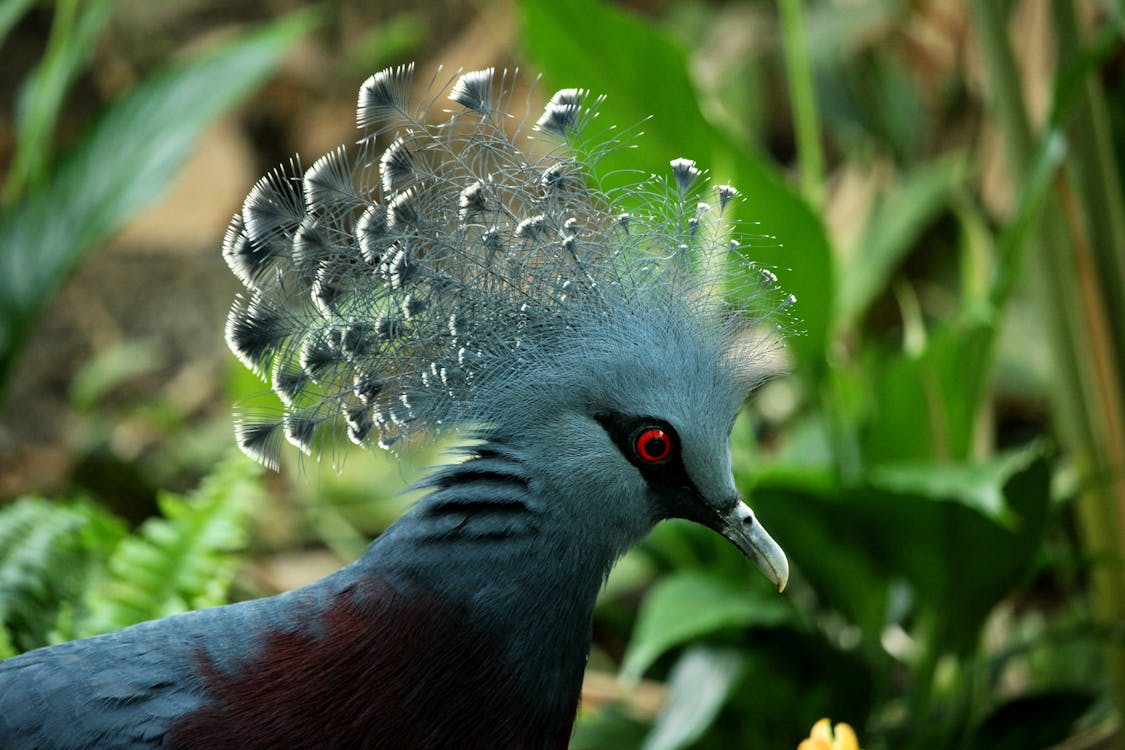Citizen Science: How You Can Contribute to Wildlife Conservation Efforts
Wildlife conservation is a crucial endeavor in preserving biodiversity and ensuring the health of ecosystems worldwide. While it may seem like the domain of professional scientists and conservationists, ordinary citizens can play a significant role through a practice known as citizen science. This blog will explore how you can contribute to wildlife conservation efforts and make a tangible impact on our planet’s future.

What is Citizen Science?
Citizen science involves public participation in scientific research. This collaboration between scientists and volunteers from various backgrounds allows for large-scale data collection and analysis, which is vital for many environmental and wildlife studies. Citizen scientists gather information, observe natural phenomena, and report their findings, often using digital platforms designed to streamline the process.
Why Citizen Science Matters
- Broadens Research Scope: With numerous citizen scientists contributing data, research can cover larger geographical areas and time spans than what professional scientists could achieve alone.
- Raises Awareness: Participating in citizen science projects educates the public about environmental issues and the importance of wildlife conservation.
- Drives Policy Change: The data collected can influence conservation policies and help shape effective management strategies.
How to Get Involved in Citizen Science
1. Join Existing Projects
Many organizations and platforms facilitate citizen science projects focused on wildlife conservation. Here are a few reputable ones:
- iNaturalist: A joint initiative by the California Academy of Sciences and the National Geographic Society, iNaturalist allows users to record and share observations of plants and animals, contributing to biodiversity data.
- eBird: Managed by the Cornell Lab of Ornithology, eBird enables bird watchers to report sightings, aiding in avian research and conservation efforts.
- Zooniverse: This platform hosts numerous citizen science projects across various scientific fields, including wildlife conservation. Volunteers can assist by analyzing images, videos, and data sets.
2. Conduct Backyard Research
Your backyard can be a hotspot for biodiversity. Here are simple ways to start:
- Monitor Local Wildlife: Keep track of the birds, insects, and other wildlife species in your area. Note their behaviors, numbers, and any changes over time.
- Plant Native Species: Create a garden with native plants to support local wildlife, providing food and shelter for pollinators and other species.
3. Participate in Surveys and Counts
Many conservation organizations conduct annual wildlife surveys and counts. These events often need volunteers to help collect data. Examples include:
- The Great Backyard Bird Count: An annual event where participants worldwide count birds to create a real-time snapshot of bird populations.
- Butterfly Counts: Organized by groups like the North American Butterfly Association, these counts help track the health and status of butterfly species.
Benefits of Participating in Citizen Science
- Educational Value: Engaging in citizen science enhances your understanding of local ecosystems and global environmental issues.
- Community Building: Connecting with like-minded individuals fosters a sense of community and shared purpose.
- Personal Fulfillment: Contributing to meaningful conservation efforts can be incredibly rewarding, knowing you’re making a difference.
Success Stories
Citizen science has led to significant discoveries and conservation successes. For instance, data from iNaturalist users helped identify new species and track invasive species' spread. Similarly, eBird data has been crucial in shaping bird conservation strategies, highlighting important habitats and migratory patterns.
Conclusion
Citizen science offers a unique and accessible way for individuals to contribute to wildlife conservation. By joining existing projects, conducting backyard research, and participating in surveys, you can help gather vital data that supports scientific research and conservation efforts. Every observation and report counts, making you an essential part of the global mission to protect our planet’s biodiversity.
References
- iNaturalist: https://www.inaturalist.org
- eBird: https://ebird.org
- Zooniverse: https://www.zooniverse.org
- The Great Backyard Bird Count: https://www.birdcount.org
- North American Butterfly Association: https://www.naba.org

 Cricket Score Counter
Cricket Score Counter Heads or Tails
Heads or Tails
You have not logged in, please Login to comment.